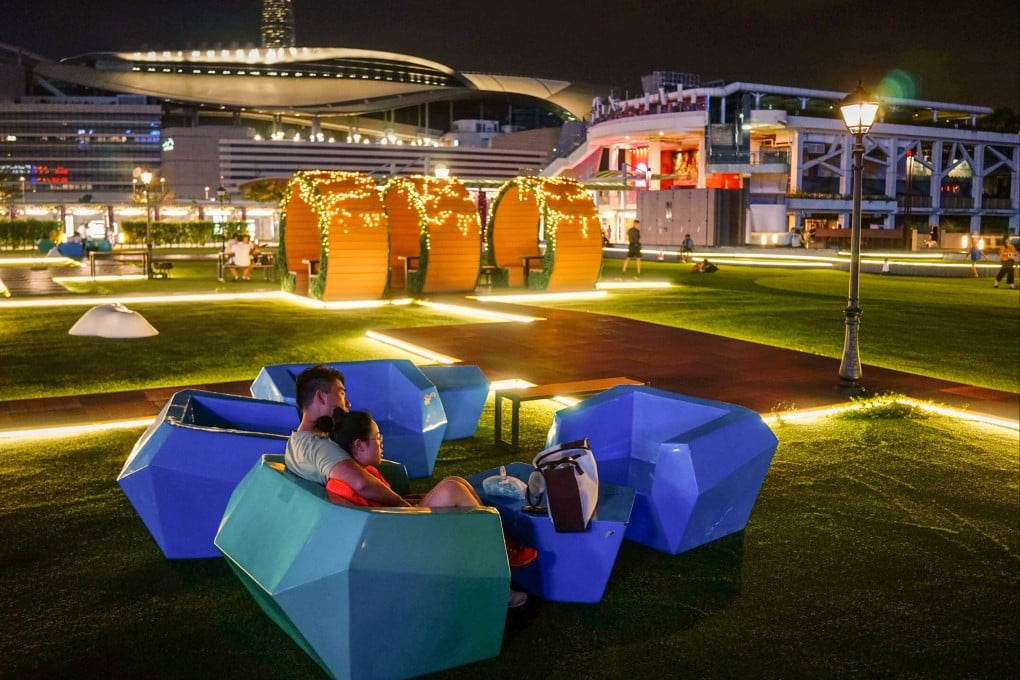‘Night Vibes Hong Kong’ may attract residents to stay out longer, but will they open purses and boost economy?
- Official argues it is hard to ‘quantify’ results, and social impact alone is well worth the effort
- Critics say events rolled out by the government are misaligned with goals

A string of events under the “Night Vibes Hong Kong” campaign to revive the evening economy may encourage residents to come out after dark but uncertainty remains on whether the drive will boost spending, according to lawmakers and business leaders.
Speaking on the effectiveness of the campaign, Deputy Financial Secretary Michael Wong Wai-lun on Friday said authorities did not find it best to “quantify” how the drive would boost the economy.
“We think it may not be appropriate to quantify, but instead focus on the social impact,” he told a radio programme. “If the streets can become lively again and everyone can be happier … even not consuming is equally welcome.”

Some lawmakers earlier said the government’s proposed activities were mismatched with goals of increasing consumption, casting doubt on its effectiveness.
Critics also questioned if the drive would entice consumers to stay in the city amid a post-pandemic shopping trend of Hongkongers flocking to nearby mainland Chinese cities such as Shenzhen after the border reopened.
Wong said despite competition with nearby cities, it was “not a zero-sum game” where only one side could gain, adding Hong Kong could still attract shoppers through good services and high-quality products.

